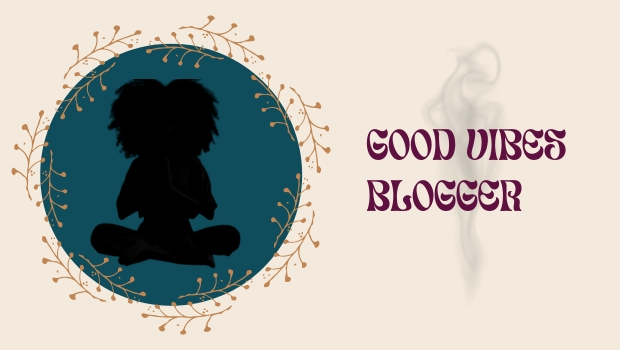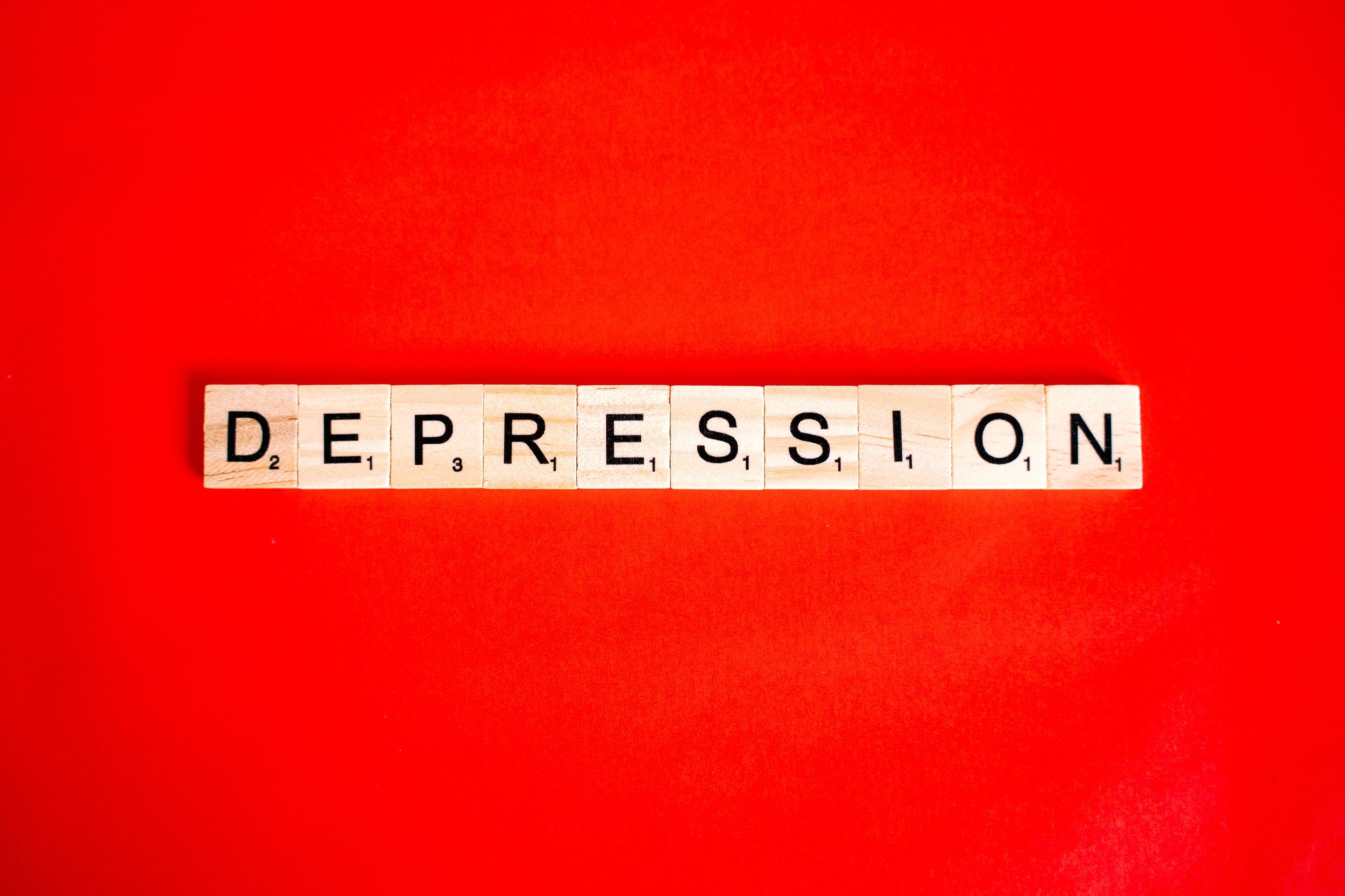Trigger Warning: Suicide attempt due to depression.
It’s difficult to describe depression. It’s like being in a dark room with no light. Depression can make you numb and apathetic to the world, for instance. You may lack the desire to live, yet you find yourself moving through life like a zombie, going through the motions until nothing is left.
Consequently, time passes, and nothing changes, even if your emotions change from sorrow to rage, guilt, etc. The purpose of this blog post is to help those who are struggling with depression.
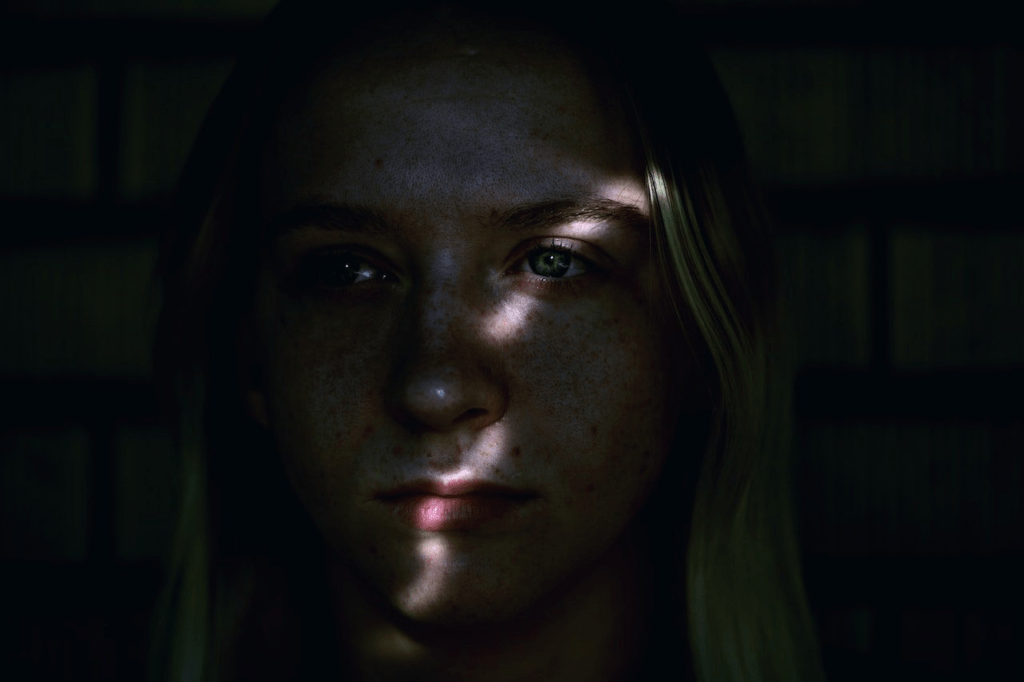
How long have I been depressed?
I recall feeling lonely and being bullied as a child. Moreover, though my family was there for me, I felt no one understood or could connect to my experiences. Finally, when I got older, I knew this wasn’t normal and wouldn’t go away independently.

How does depression feel?
After a hard day of caring for our two kids, I’d lay in bed at night, trying to find some light. For example, I felt paralyzed, unable to move or concentrate on anything except those awful ideas. It isn’t easy to hold back overwhelming emotions. Despite your voice may be overwhelming, trying to tell you not to give up.

How did depression affect my daily life?
I was so anxious and depressed that I couldn’t get out of bed every day. However, being around so many irate customers daily left me physically and emotionally exhausted. Apart from the sadness, even my everyday work tasks became a challenge. I would cry alone in bathroom stalls before stepping onto the floor to start my day. However, a job shouldn’t make you feel the way it did.
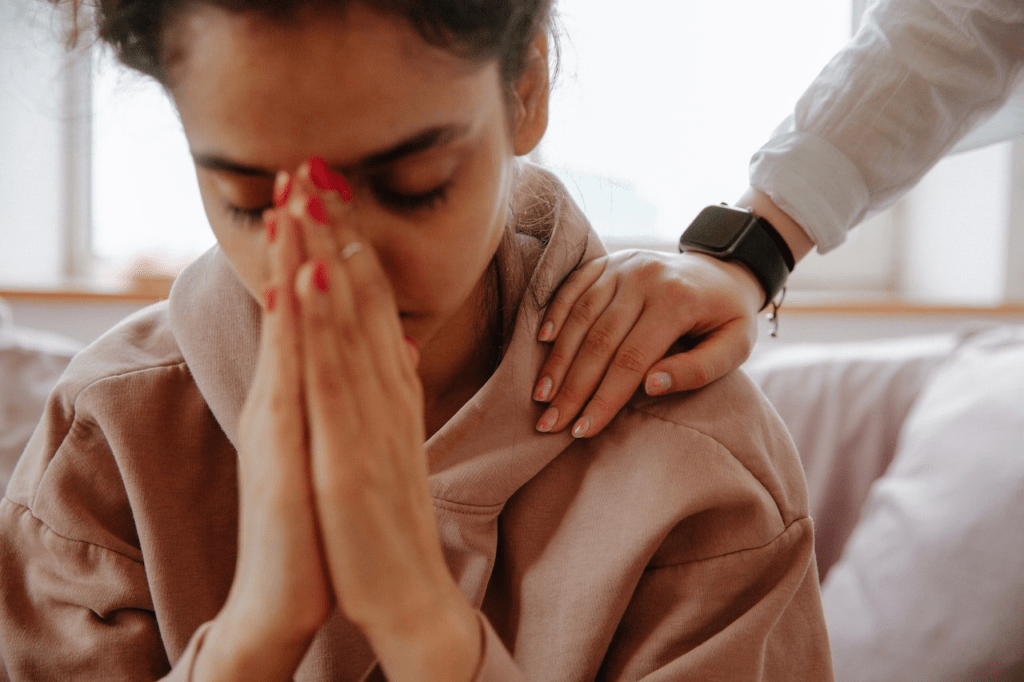
When did I finally seek help for my depression?
In 2018, I attempted to commit suicide. My daughter was just a few months old, and I was suffering from postpartum depression. However, I thought maybe this world wasn’t for me when I was in the hospital since nothing worked out previously.
Sadly, I’d tried to commit suicide many times before. I had no clue how much responsibility came with being responsible for another human until one day in 2018. She is mainly a lovely young soul whose only mother, whom she may see as unlucky, has been through mental health problems stemming from child abuse.
My nurse was so kind that she told me about a book to guide me on my journey. The book’s name is Louise Hay’s – You Can Heal Your Life. I left the hospital and returned to see my baby girl and husband. We discussed what the nurse said and agreed that I should buy this self-help book since it had benefited her, and she wanted to share it with me.
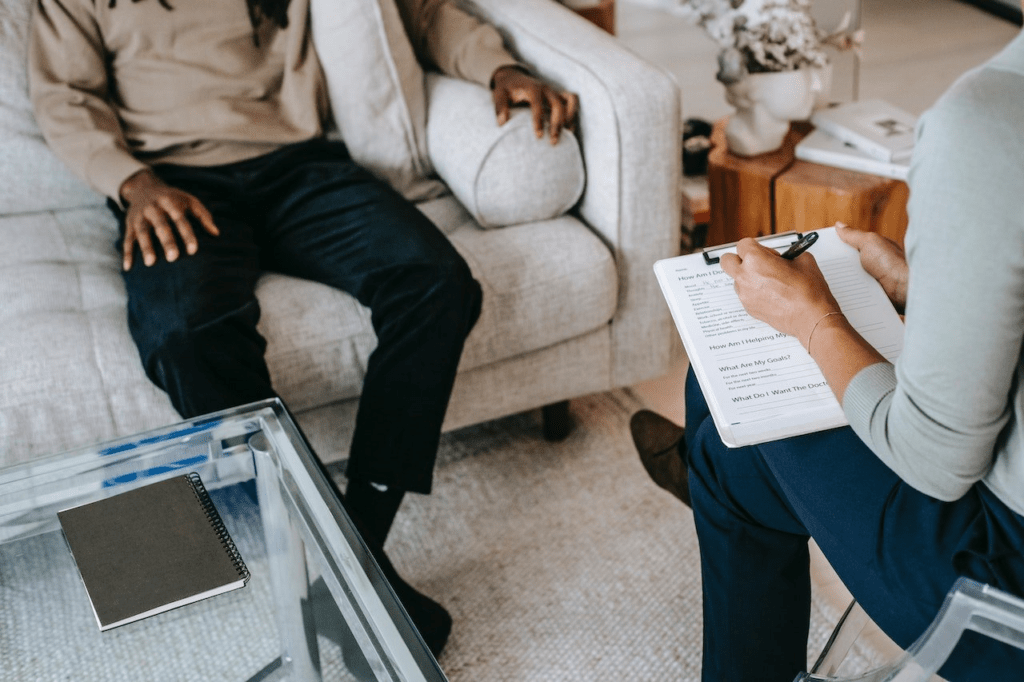
How did I cope with my depression?
• First attempt due to my depression
I read the book every day, took my medications, and decided to see a therapist. But, unfortunately, the medications started making me hear voices in my head and see hallucinations, which worsened everything! I began hearing unusual noises in our apartment, such as an echoing voice saying, “You should kill your family.” And I started crying to my husband, telling him I needed to stop taking the medications.
• Second Attempt
I tried several different natural remedies to get off my medications. I tried including passionflower, damiana, chamomile, and st john wort. In addition, I changed my diet to plant-based foods, exercised every morning, did yoga at home, and journaled daily about how things were emotionally and physically. It helped release some anxiety since writing is very therapeutic, and still reading the book recommended by my nurse.
• Third Attempt
The day after I gave birth to our son in April 2020, I fell into a deep depression. And I knew that if I didn’t act quickly, things would only get worse. So, when I went to the doctor for a visit, she recommended I talk to someone who could help me, and she offered me a referral to a psychiatrist.
We did an evaluation where she questioned me from childhood to adulthood. As a result, my doctor diagnosed me with bipolar depression and ADHD. And so it was a huge relief when she booked me an appointment with a medication professional; we did a trial run from January to July 2021. I eventually found something that worked for me and helped me through my daily routine.

How do I feel now, even though I still deal with depression?

On my good days, I still take medications, and it’s good to have because they help me with my energy and block out stuff I dealt with in the past. I wake up at 3:45 am to meditate and exercise. Every morning, I feel better than before, even if it is not 100%.
Nowadays, I also use affirmations like “I am strong” or “I can do this.” When things are challenging due to depression, I keep myself busy with other activities rather than fall back into an episode of depression.
What can I tell someone who is dealing with depression?
I know it won’t be easy, but don’t give up. For example, suppose you’re unsatisfied with your therapist or other professional. Of course, you can always ask for someone else because that’s their job, and they should make you feel at ease. But instead, they are there to help you get better by seeking the best ways of coping with mental health issues.
It took me a while to find the right professional for my needs. Sometimes, some professionals don’t want to listen and give you medications and therapy sessions can be ineffective. My husband would now need to raise our two kids independently while providing for them financially, too. Additionally, they’d grow up without a mother by their side, something which no child should ever go through – especially when both parents are still alive!
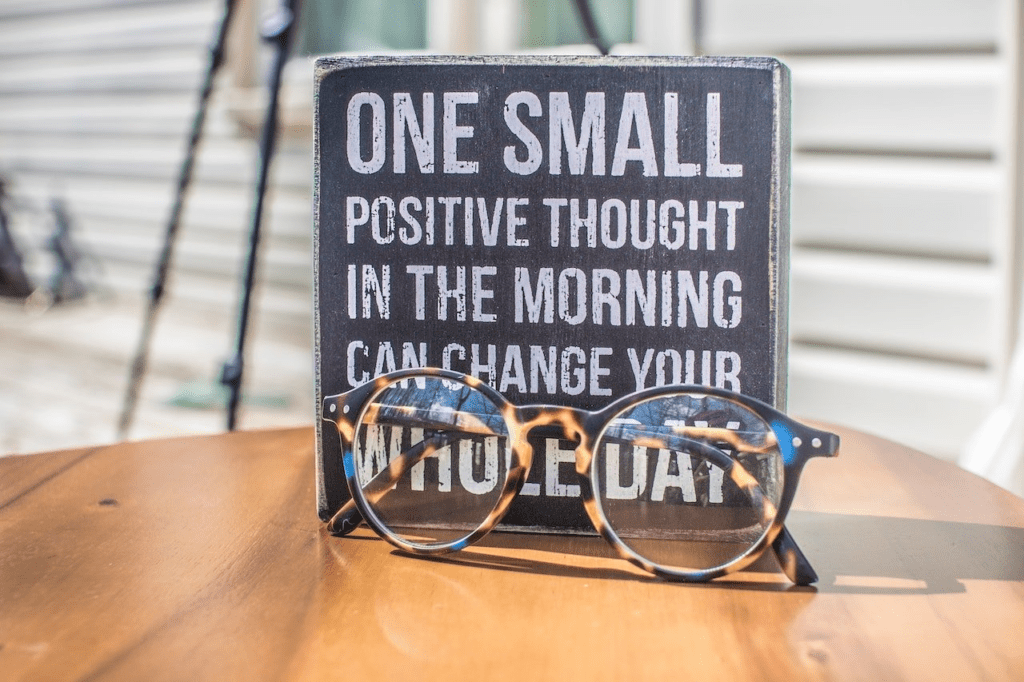
Conclusion
Depression is a difficult thing to understand and even more challenging to cope with. If you or someone you love has been suffering from depression for some time, they must seek help and find ways to cope.
Here are some things I found helpful when dealing with my form of this mental illness: Whether it be practicing mindfulness techniques like meditation or exercise, keeping myself busy (even if the activities seem mundane), taking care of self-care by eating well, and getting enough sleep, talking about how I feel honestly without fear of judgment, journaling about what was going on internally, focusing on one small task at a time instead of feeling overwhelmed by all the tasks. And also, I have another blog post that can help you here.
What kind of things have helped you cope? Let us know below so we can share those ideas!

If you or someone you love has been suffering from depression, call SAMHSA’s National Helpline.
SASAMHSA’sational Helpline: 1-800-662-HELP (4357)
SASAMHSA’sational Helpline is a free, confidential, 24/7, 365-day-a-year treatment referral and information service (in English and Spanish) for individuals and families facing mental and/or substance use disorders.
